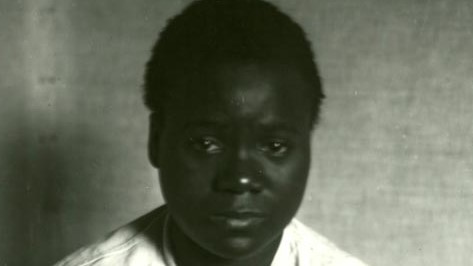This morning, at the time of day Virginia Christian was pronounced dead and unstrapped from the electric chair at the state penitentiary in Richmond, Virginia, on August 16, 1912, I began working on this essay.
Virgie was seventeen years old, an African American girl taken out of a Negro school at the age of thirteen because her parents needed her to wash clothes for white families to help support her family. I’m still stunned by the cruelty that placed her in a penitentiary cell in sight of the death chamber where she knew her life would be taken.
For four years I’ve lived with this girl’s story. For three years I researched and wrote.
For the past year I’ve spoken about her at bookstores, book clubs, libraries, universities, and book festivals. I’ve spoken with friends, professors, children, radio hosts, teachers, classmates, students, screen writers, editors, acquaintances, librarians, and strangers.
I’ve been to Winston-Salem, Somerset, Colfax, Chapel Hill, Durham, Southern Pines, Sylva, Greensboro, Asheville, Charlotte, Atlanta, Raleigh, High Point, Richmond, Charlottesville, Arlington, Greenville, Spartanburg, Asheboro, Davidson, Athens, Salisbury, Nashville, Seaside, Fairhope, Birmingham, Montgomery, Pittsboro, Fearrington Village, and Wytheville.
I’ve tried to express my belief about how understanding the tragedy of Virginia Christian’s era might help us avoid such tragedy in our own.
I suppose I’ve helped. I’m encouraged by the empathy and resolve that emerges in questions, in comments, in challenges I hear when people listen to Virgie’s story.
Of course, to become discouraged, all I have to do is go on the Internet or turn on the TV.
So what is my purpose?
In her lifetime, Virginia Christian believed if only she were allowed to tell her story, people would understand her situation and forgive her.
Oh, I dream of selling enough hardcover books that the novel will be released in paperback. I dream of someday watching a play, a movie, a cable series.
I wouldn’t be honest if I didn’t tell you that.
But in the end, my purpose was to tell Virginia Christian’s story and its aftermath. I told it through the words of someone who knew her, a young newspaperman, Charlie Mears.
So today, the day of her execution, I think of her, and wish her peace.
